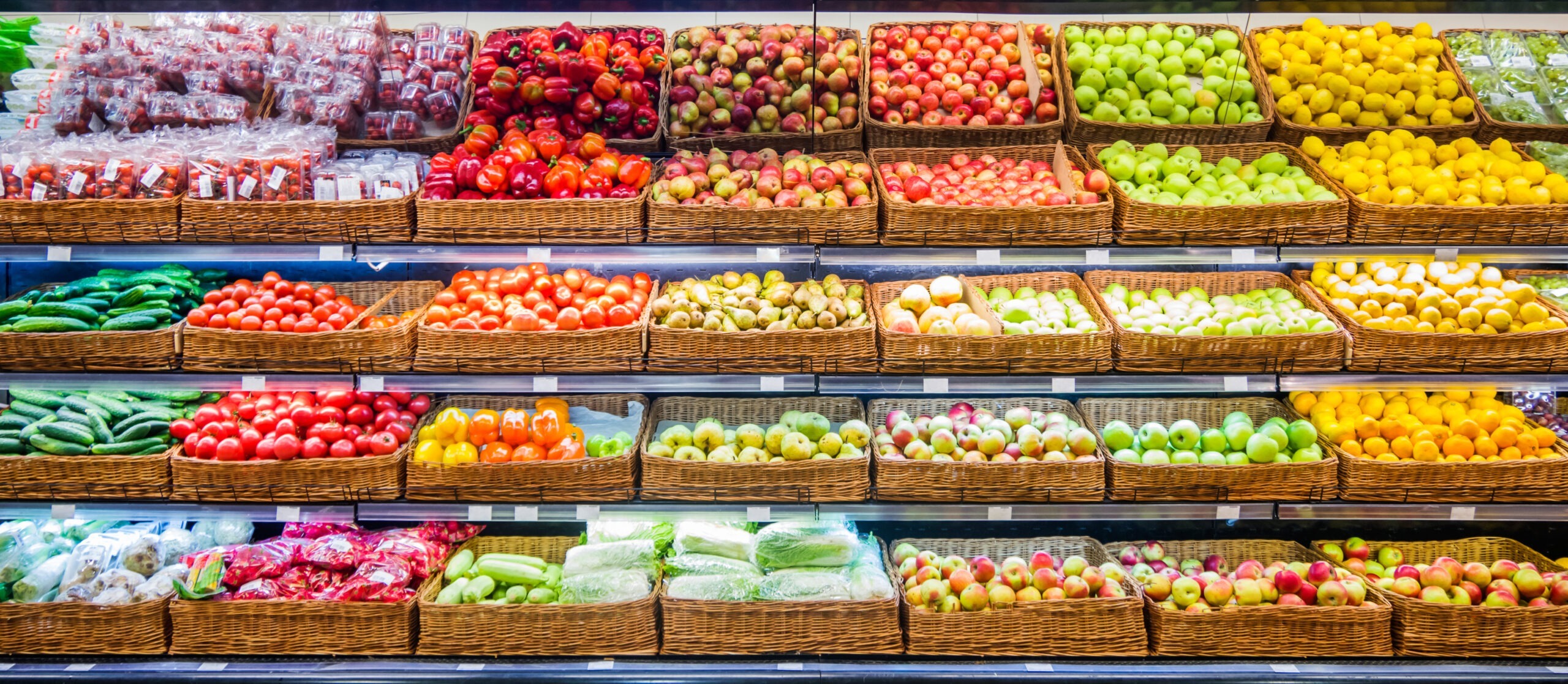Back to mapClose

 See more
See more
Distribution of food products

Every foodstuff comes from a seed
Large-scale distribution and out-of-home catering (OOH) play a key role in making food products available to the general public. Supermarkets and restaurants must guarantee the quality and traceability of their products.
69%
The market share of large and medium-sized supermarkets in the sale of fruits and vegetables
Key players in food supply
Wholesalers select, collect, control and distribute fresh fruits and vegetables to supply the retail trade (greengrocers, markets), large and medium-sized supermarkets and restaurants or communities (Out-of-Home Catering). The latter is made up of 2 sectors: collective catering (company catering, school canteens, health catering, etc.) which constitutes the primary outlet for fruits (66% of fruit sales are in OOH) and commercial catering which constitutes the primary outlet for vegetables (58% of vegetable sales are in OOH).

Reconciling the demands of society and economic viability
The food service industry plays a key role in influencing eating habits from a young age. With 3 billion meals served annually, it is an important lever for promoting sustainable practices. The EGalim law now requires meals to be made from quality products, guaranteeing traceability and nutritional information. Protein diversification is also essential, with a weekly vegetarian menu, promoting the growth of legumes. Cost management is a major challenge for catering companies, which must also juggle budgetary constraints and increasing environmental requirements.
Sourcing and distributing fresh produce also requires product knowledge. Distribution, which ensures the availability of food products to end consumers, also strives to meet consumer expectations in terms of quality, food safety, and changing consumption patterns.

Quality seeds, the foundation of a successful sector
Seed companies play a key role in supplying quality raw materials to the agri-food industry, and their relationships with food service providers (OOH), distributors and food processors must be sustainable.
Foodservice players, distributors, and food processors indirectly expect quality seeds from seed companies, guaranteeing consistent yields and suited to processing requirements, while responding to new consumer trends (plant proteins, organic). They are looking for innovative varieties that are resistant to climate stress, promote sustainable agricultural practices, and offer complete traceability. Food safety, regulatory compliance, and a reliable supply are paramount.
52%
of fresh fruits and vegetables consumed in catering in France come from France
Anticipate and respond to a broad range of expectations
Seed companies must meet a range of expectations that grow year on year. Research and development timelines for new varieties can extend from 7 to 12 years, highlighting the importance of anticipating future market needs and adapting the products offered to new consumer realities.













